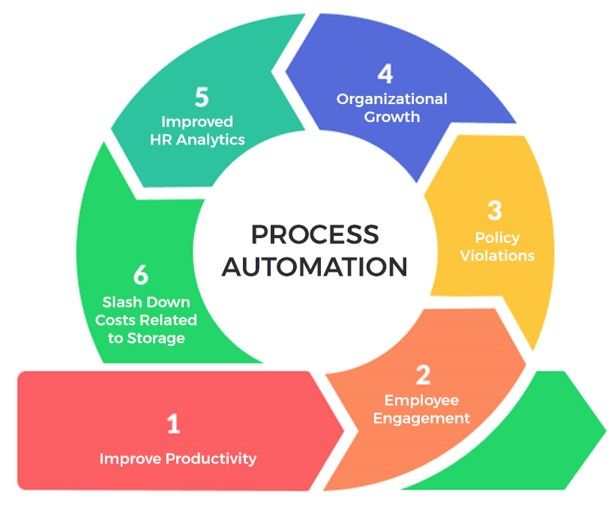
What is data automation?

What is data automation?
Data automation is the process by which data operations, such as data updates and importing data, are carried out automatically.
- Data automation utilizes automation tools in place of human inputs.
- Data automation includes a wide range of operations such as data entry, processes that otherwise require human intervention, such as RPA (robotic process automation) and BPA (business process automation), workflows that follow a fixed step of tasks, machine learning tasks, and so on.
- Automating data is an integral part of modern data management systems.
- It helps improve the accuracy and time spent on data operations.
- Businesses use huge amounts of source data to drive their marketing and business strategizing decisions, so they benefit greatly from data automation.
- Essentially, data automation optimizes data preparation and helps accelerate the data analysis process.
- It helps fastens up the decision-making process, aids in making business intelligence (BI) more efficient and helps implement cost-effective data analytics.
What types of data workflows should be automated?
A workflow refers to a series of activities or tasks to be executed in a particular order to complete an operation. Workflows usually consist of repetitive actions that are perfect for automation.
1. Marketing workflows
- Marketing data can be efficiently automated to automatically capture customer data from source systems, track the lifecycle of a marketing funnel and evaluate customer behavior with ease.
- You can also use automation for SEO, driving your email campaigns, subscription renewals, and so on.
2. Sales workflows
- Sales workflow automation involves automating the various tasks involved in a sales process, such as to aggregate customer data, placing orders, invoices, and so on.
- It allows the sales rep to focus on making a good deal rather than getting caught up with the administrative tasks involved with a sale.
- It also ensures that the sales process remains consistent and can ensure a streamlined process for every sale.
3. HUMAN RESOURCES WORKFLOWS
- Marketing data can be efficiently automated to automatically capture customer data from source systems, track the lifecycle of a marketing funnel and evaluate customer behavior with ease.
- You can also use automation for SEO, driving your email campaigns, subscription renewals, and so on.
4. FINANCE WORKFLOWS
- By automating the various tasks involved in financial management, you can ensure a streamlined process that is consistent, accurate, easily trackable, and helps ensure the integrity of data at all stages of the workflows.
- Some of the process workflows you can automate in finance include core bookkeeping, invoicing and accounts receivable, accounts payable, tax compliance, financial reporting, expense management, and payroll.
5. Product & engineering workflows
- Engineering teams can easily set up automation to run their simulation campaigns effectively.
- Employing automation in these workflows helps you optimize the time it takes to engineer the product, catch issues early on, and easily communicate the results with the respective stakeholders.
What are the top use cases for cloud-based data automation?
- Streamlining customer onboarding
- Reducing manual data entry
- Keeping systems in sync
- Powering analytical dashboards
- Building data products for customers
- Deepening integrations with partners
Cloud-based data automation services are used to execute the workflows in a cloud-based environment instead of a manual operator executing the same in a standalone system.
Why is cloud-based data automation strategy advantageous for a variety of business processes?
- It allows you to take advantage of the enhanced security features and data compliance that come with a cloud platform.
- It is also fairly resource optimized, letting you use the powerful cloud-based data engines on an affordable subscription-based model without having to deal with the high initial investments and hardware maintenance.
- You get automatic updates, up-to-date patches, and efficient workflow automation.
What are the top benefits of data automation?
- Reduced processing time
- Improved scalability & performance
- Efficient use of time & talent
- Enhanced customer experience
What are the limitations of data automation?
- Learning curve
- Worker displacement
- Still need some level of human intervention
- Cost and security concerns